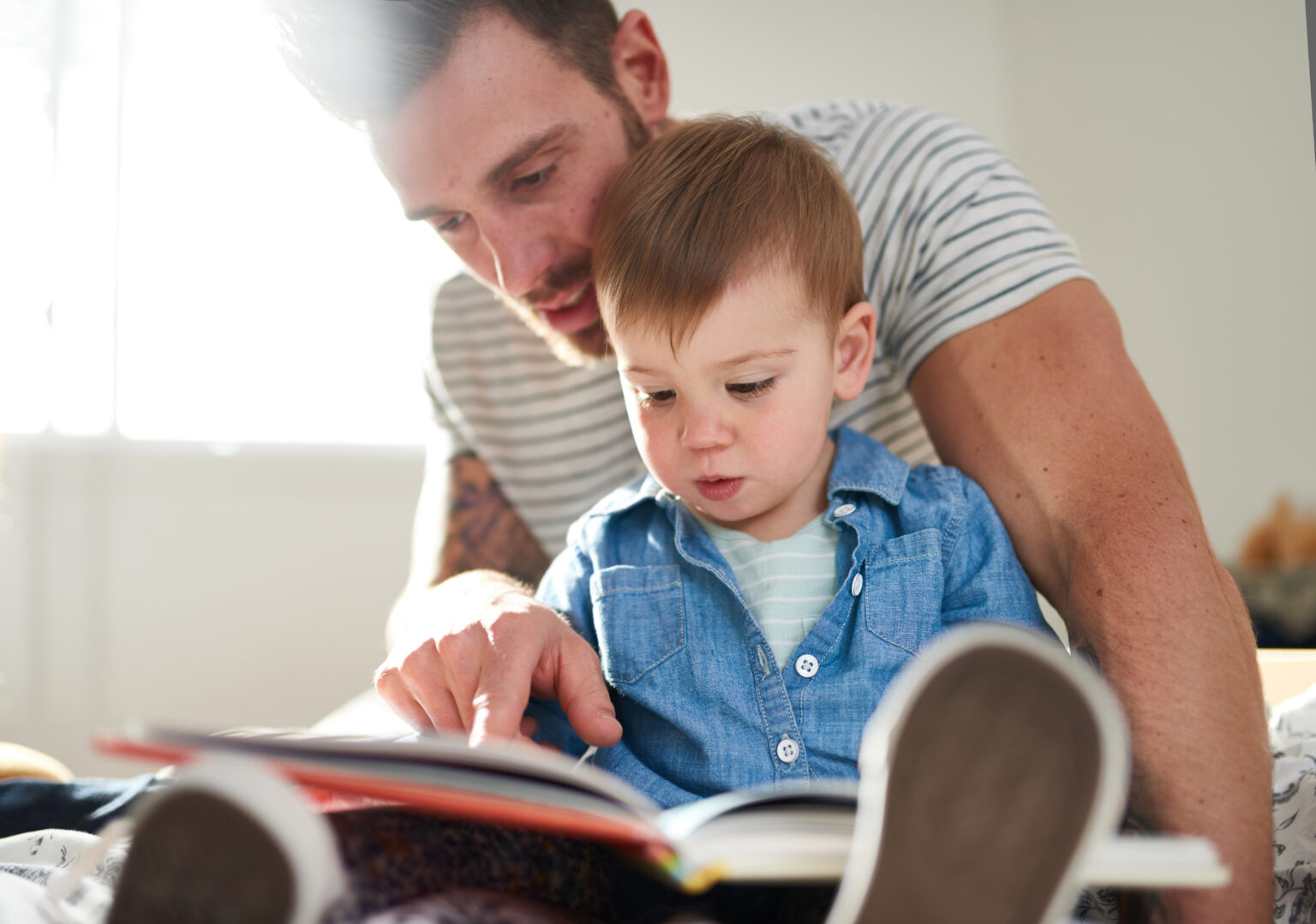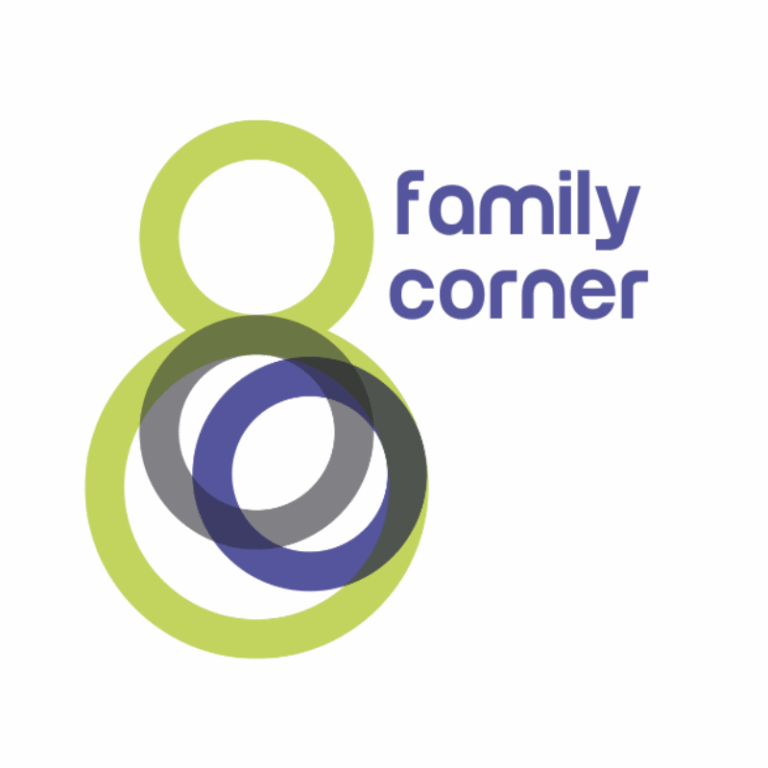All contributions from families should be encouraged and welcomed. Helping out during sessions, sharing interests or information about their culture, and taking part in discussions about the early years service all provide the opportunity for families to learn about children’s learning, in the setting and at home.
Some family members are less well-represented than others in early years settings. These include fathers, caregivers who live apart from their children, and working parents and carers. This may mean that different strategies are needed for involving them and that consultation is necessary to find out what works best. Information should be provided in ways that are accessible to family members with basic skills, specific needs or those who have English as an additional language.
What is family learning and what are the benefits?
Family learning is designed to give other family members the skills and confidence they need to support their children’s learning at home through play and everyday activities. This can also help families to make choices about their own learning.
Fathers, like mothers, play a very important role in young children’s lives. Children do better educationally, psychologically and socially when fathers are actively involved. A positive male influence isn’t just limited to biological father, but includes father figures such as foster fathers, stepfathers, grandfathers, uncles and older male siblings.
Family learning normally takes the form of activities or short workshops where family members learn together and where there are planned learning outcomes for both children and adults.
The benefits of family learning are wide-ranging and include:
- improved educational outcomes for children
- effective ways of engaging families in their children’s learning
- improved communication between families and educators
- a first step back into learning for families
- improved relationships between families and children
For more information on family learning courses, visit Family Corner.
Family Corner
For free expert articles, activity ideas and online learning sessions for families, visit Family Corner, the family arm of the Early Years Alliance.





